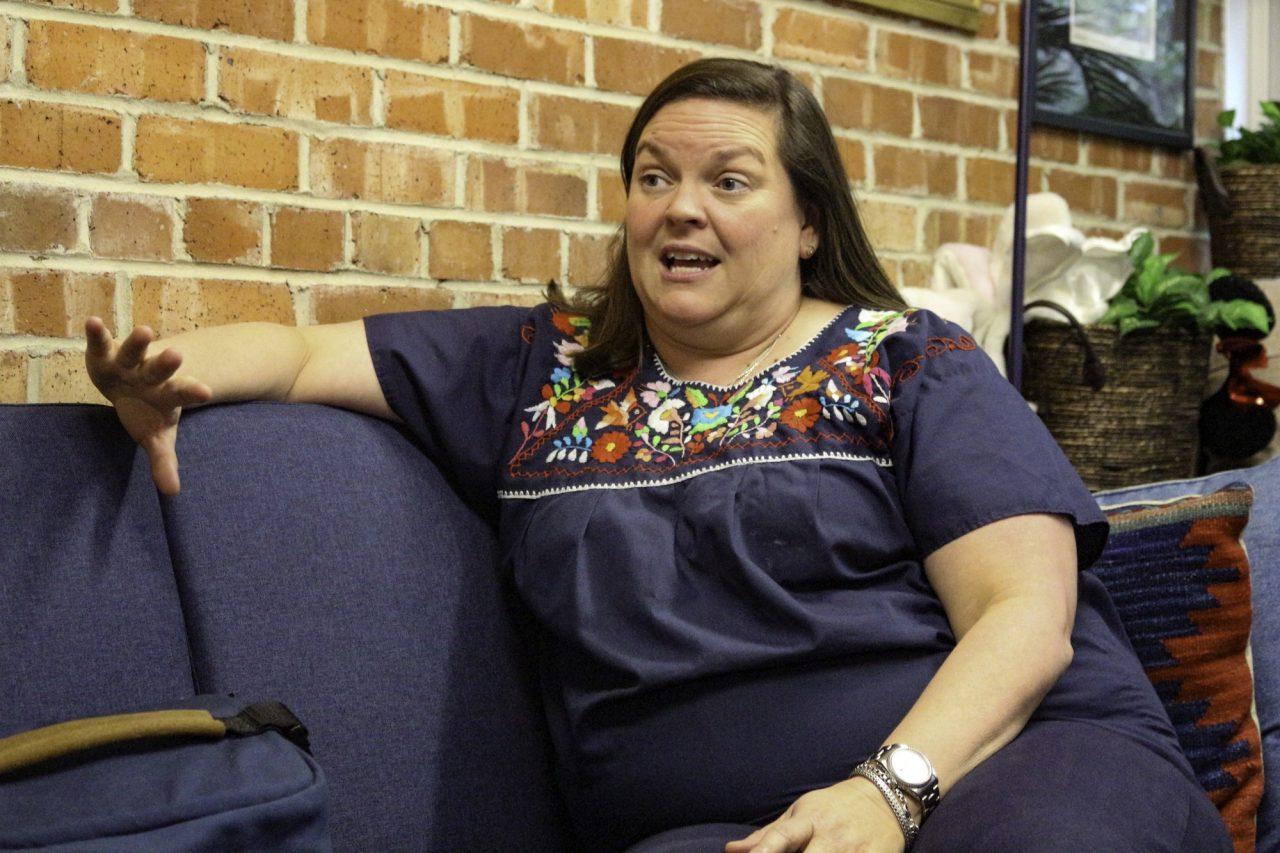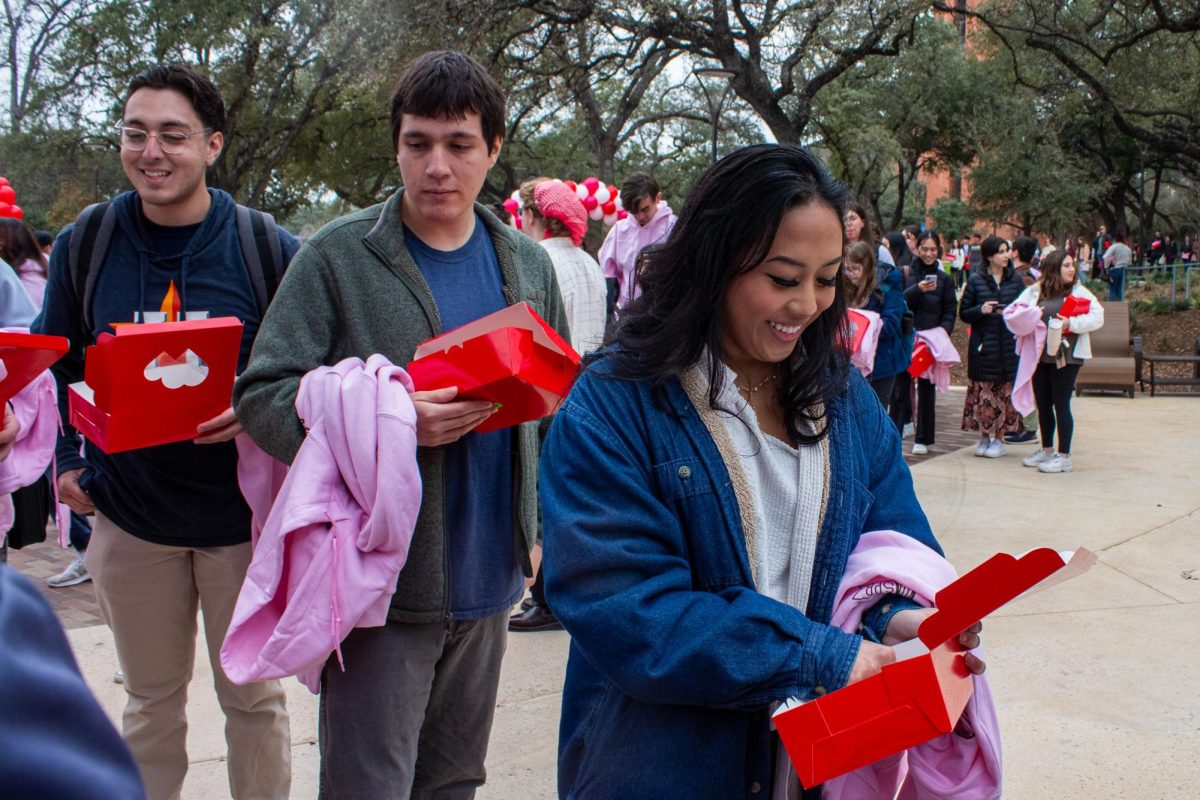Photo by Martina Almieda
In October 2019, Daniel Lubetzky, the executive chairman and founder of KIND and ’90 alumnus donated $1 million to Trinity’s Department of Education was given a donation of $1 million by. The majority of the donation will be used to teach the employees of 12 San Antonio school districts how to implement Empatico, a not-for-profit web-based platform created by the KIND Foundation that connects classrooms from across the world.
Of the $1 million, roughly $350,000 will be going specifically towards Trinity’s Department of Education, while $650,000 will go towards Empatico. While Lubetzky founded Empatico in 2016, he is not a part of the management of the nonprofit. It exists as its own entity independent of KIND. The donation towards a foundation created by Lubetzky is what Michael Bacon, vice president for Alumni Relations and Development, referred to as an arms-length transaction.
“Empatico is a separate 501(c)(3). Lubetzky doesn’t run it. There’s a board that runs it He doesn’t hire the staff. The board hires the staff. So [the donation] is what we all call in the nonprofit world an ‘arm’s length transaction.’ He birthed [Empatico] and moved on and now he is taking care of two of his passions, helping the San Antonio community, Trinity and KIND,” Bacon said.
The donation was facilitated by former interim chair of the Department of Education Norvella Carter, and its distribution will be continued by the department. This donation from Lubetzky was tied with specific targets, something very common in the philanthropic world according to Bacon.
“[Daniel Lubetzky] is an entrepreneur, and the way entrepreneurs think is they try and marry one project over here with another project. So, he looked at a couple of different ways to help Trinity, and none of them were where he wanted to be. But then [Deneese Jones], who’s vice president for Academic Affairs, really helped him understand how connected our education faculty are with all 17 school districts. There, he saw an opportunity to take his other project Empatico and thought, ‘I can use this part of this gift to get [Empatico] pushed out into the San Antonio school district and do it through Trinity.’ And that would not only help KIND and Empatico, but it will also help Trinity,” Bacon said.
The aim of the donation was understood from the beginning.
“There was a common understanding and agreement that this money would be used to really examine the work of Empatico,” said Oscar Jiménez-Castellanos, the current chair of the Department of Education. “Trinity would be the higher-education institution that would not only implement the program but then conduct the research. So there was a mutual understanding from the beginning that this is where the money would go.”
The $650,000 will be used towards bringing Empatico into 12 school districts of San Antonio over a three-year period. The platform that will be integrated, Empatico, is one that the Department of Education supports.
“Empatico is designed to support educators. That means we’re trying to fill a need in the community that takes seriously kids social and emotional learning. It is a really important thing now that we’re not just trying to meet their academic needs. And there’s a large sort of clamoring for what is it that we can do to better support our kids’ social and emotional learning. We think Empatico is a great fit in terms of being able to provide them with real learning opportunities that are already well designed. So the teachers don’t have to do a ton of planning. And it’s kind of one-stop shopping at this is a web-based program,” said Dr. Patricia Norman, professor in the Department of Education, one of the leads for the project integrating Empatico into the San Antonio area.
More specifically, the rough $650,000 will mainly be pushed towards the district’s specific needs and towards teaching the teachers and school employees who will be using Empatico and how they can use it.
“The money is going towards the professional development of 500 teachers, counselors and other employees of the school district. So [we’re] roughly training about 165 people per year. Most of those funds are going directly to provide professional development for those twelve districts and the folks within them,” Jiménez-Castellanos said.
Also, Trinity asks the school districts what would be the best method as to how to integrate Empatico, leaving the decision as to who gets the professional development up to the individual districts.
“We ask them what is the delivery model that makes the most sense for their district and fills their needs. Who do they think is best positioned to use this tool,” Norman said.












